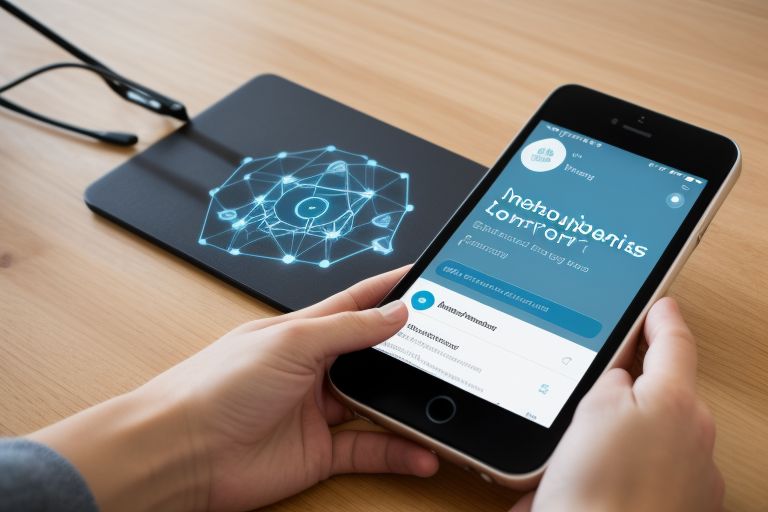The Japan’s Liberal Democratic Party (LDP) has finally elected a new leader in Shigeru Ishiba and hinting at the probability of him becoming the next PM of Japan. The leadership race, which was widely regarded as one of the most open in recent years, ended with Ishiba winning by a runoff vote. The recent election also recorded nine contestants vying for the position of leadership in the party, courtesy of disintegration of the LDP big-wig factions that was recently dissolved.
Ishiba, who has been an experienced politician who is acknowledged particularly in defense and security issues, won the race due to his strategic message, which embraced the party members as well as the public of the new vision for Japan. His victory is timely since the country is in a precarious situation and defining issues both at home and internationally. This win is proving to be a big change in Japanese politics since Ishiba has been very critical of some of the party’s ‘old‘ politices, as well as has been pushing for changes in many aspects.
Issues for the new prime minister-elect’s administration are already known: to increase the potential of the Japanese defense, to work on the differences in income per capita, to develop an effective approach to rural regeneration. On relations with others, Ishiba has also emphasised the strategic partnership of democracy with America, as well as initiating diplomatic measures to resolve hatred with the neighborhood countries including China and South Korea.
Among the major problems that may confront Ishiba as a politician, the first one will be related to the ways Japan treats recent shifts in the regional geopolitics, such as China’s growing military presence. Only days before the election a Chinese ICBM was launched into the Pacific Ocean and landed in French Polynesian EEZ. This episode realizes heightened concern over regional security and is likely to emerge as a chief priority of the new presidency.
Reaction to Ishiba’s election has however been mixed among Japan’s associates and neighbors. South Korea has declared a desire to improve relations with Japan under Ishiba giving a hint of the improved relations between the two countries that have not always been friendly. The U.S, now Japan’s main ally, is expected to cooperate with the new administration to fortify the relations as well as to address the regional issues.
He will need to quickly form his cabinet early in his term, and aggressive action is necessary in order pass his policy agenda. The change of reign comes into force when Japan is still recovering its economy from the ill effects of Covid 19 and the emerging issues as – decrease in population, increasing population pensioner and the search – out for sustainable sources of energy. What strategies Ishiba will use in replying these issues and how he will do all these while ensuring that Japan stays in the right spot in the international system is something that the next few months will unravel.
Shigeru Ishiba can be regarded as a promising figure who recently started a new government in Japan. Ishiba is considered a reformist with significant political background in Japanese government, and that is why many people expect him to provide new visions and ideas to cope with the existing problems of Japan. When he starts in this new post, the people of the United States and the people of the world will be looking at him expecting him to chart the course for Japan in an ever changing world.



